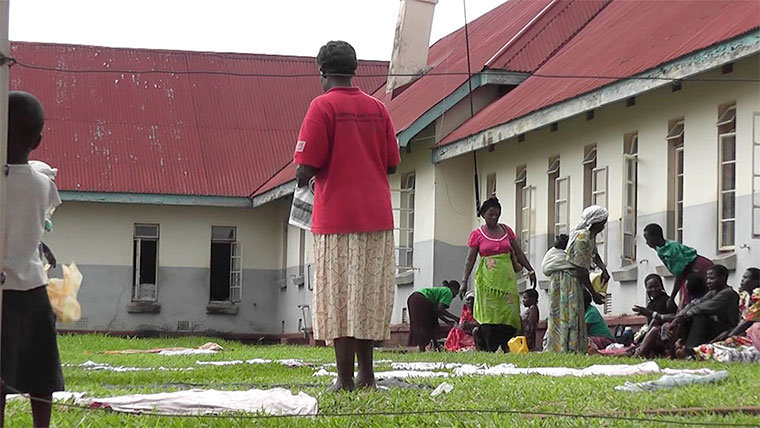Experts attribute this mainly to the mutation of the malaria parasite making it drug-resistant.
The warning comes amidst a continued upsurge in malaria cases across various districts in the country. There is a daily average of 37,600 cases which has resulted in increased hospitalizations and death.
The number is higher than the daily average of 28,000 cases which were registered between April and May.
“The upsurge started around November last year but intensified in March this year. There is a lot of resistance developing to the Artemisinin-based Combination Therapy (ACT) for malaria [such as Coartem],” Dr Jimmy Opigo, the head of the Malaria Control Programme at the Ministry of Health said.
He explained that people are taking drugs but they are not curing them. After the dosage, one gets malaria again. He also said that in between there, one is still transmitting the disease because the drugs didn’t cure them.
“The parasite has made some changes in that our Rapid Diagnostic Test (RDT) kits detection is becoming a problem. It will indicate negative when it is not,” he said.
Experts say a medicine that is effective in curing the infected people can cut the transmission.
On a daily basis, 16 Ugandans die of the disease, causing an estimated annual economic loss of $658 million (Shs2.4trillion) due to treatment costs and work time lost.
This is based on statistics from the Ministry and a report by Juliet Nabyonga Orem from the World Health Organisation (WHO).
Scientists also revealed that the continued use of chemicals and medicine multiplies the risk of mutation and the development of resistance against the chemical or drug.
Check Also;
- Kyabazinga Takes Lead In Fight Against Malaria
- Climate Change Can Impact The Spread Of Malaria In Africa
- Museveni Launches Dei Bio-Pharma Industries That Manufacturers Malaria Drugs
Please use the button below to contribute to Newslex Point, Inc. using a credit card or via PayPal.

 Newslex Point News in Uganda, Uganda news
Newslex Point News in Uganda, Uganda news












